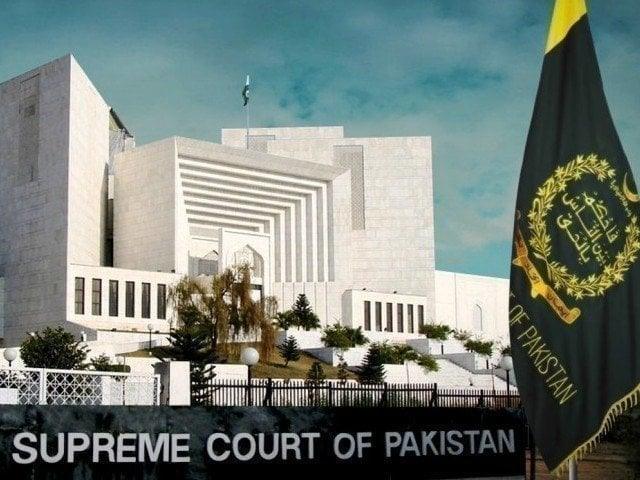Pakistan’s Supreme Court has requested detailed records of military trials of civilians, questioning the evidentiary procedures followed in convictions.
A seven-member constitutional bench, headed by Justice Aminuddin Khan, heard appeals against civilian trials under the Army Act.
During the proceedings, Judge Hassan Rizvi noted that the court intends to review how evidence was evaluated in these cases.
He noted that natural justice demands that no one be punished without being heard.
Representing the Ministry of Defence, senior lawyer Khawaja Haris argued that military courts respected due process and followed established procedures.
He argued that constitutional amendments were necessary to include civilians in military trial provisions.
Judge Muhammad Ali Mazhar highlighted the importance of fair trials and questioned whether military courts met these standards.
Justice Jamal Mandokhail expressed concern about whether the amendments to the Army Act adequately addressed criminal activities involving civilians.
The court requested data on all civilian cases tried under military law, excluding those linked to Indian national Kulbhushan Jadhav.
Pardon for 19 convicted in the May 9 riots: ISPR
Earlier this month, clemency petitions filed by 19 people convicted for their involvement in the May 9 protests were approved, Inter-Services Public Relations (ISPR) announced in a statement on Thursday.
“After the promulgation of sentences for those convicted of the May 9 tragedy, they have exercised their right of appeal and have asked for clemency/remission of their sentences,” the army’s press wing said.
The ISPR further said that a total of 67 convicts had filed mercy petitions, and 48 of these petitions were processed before the appellate courts. He added that the petitions of 19 convicts had been accepted “on purely humanitarian grounds, in accordance with the law.”
“All will be released once the procedural formalities have been completed,” the statement continues.
The press release also mentions that the clemency petitions of the remaining convicts will be decided in due course after the legal process. He stressed that all convicts retain their right to appeal and seek other legal remedies under the law and the constitution.
“The remission of sentences is a testament to the strength of due process and fairness, ensuring that justice is done taking into account the principles of compassion and mercy,” the ISPR concluded.
The sentences of the following people have been remitted:
- Muhammad Ayaz, son of Sahibzada Khan
- Sami Ullah, son of Meer Dad Khan
- Laeeq Ahmed, son of Manzoor Ahmed
- Amjad Ali, son of Manzoor Ahmed
- Yasir Nawaz, son of Ameer Nawaz Khan
- Said Alam, son of Maaz Ullah Khan
- Zahid Khan, son of Muhammad Nabi
- Muhammad Suleman, son of Said Ghani Khan
- Hamza Sharif, son of Muhammad Azam
- Muhammad Salman, son of Zahid Nisar
- Asher Butt, son of Muhammad Arshad Butt
- Muhammad Waqas, son of Malik Muhammad Khalil
- Sufayan Idrees, son of Idrees Ahmed
- Muneeb Ahmed, son of Naveed Ahmed Butt
- Muhammad Ahmed, son of Muhammad Nazir
- Muhammad Nawaz, son of Abdul Samad
- Muhammad Ali, son of Muhammad Boota
- Muhammad Bilawal, son of Manzoor Hussain
- Muhammad Ilyas, son of Muhammad Fazal Haleem




